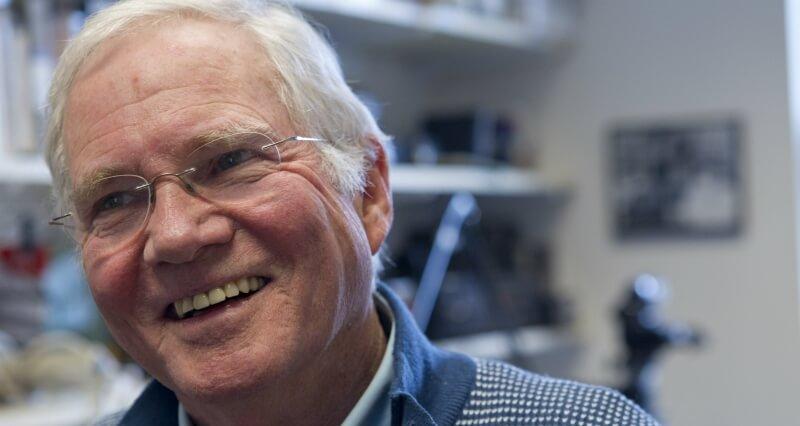Feelings of isolation and confinement can haunt people who experience disabilities, preventing them from interacting with others or realizing their full potential. Health care professionals whose patients face disabilities — from stuttering to developmental and physical challenges — are in a unique position to help patients feel productive and achieve self-determination, and thus improve their patients’ — and their own — overall health and wellbeing.
Explore this topic with Barry Guitar, Professor Emeritus of Communication Sciences and Disorders, at the CNHS Open House on Saturday, October 5, 10:45 a.m. in Rowell 103. Dr. Guitar, a renowned expert on stuttering, will discuss how health care professionals can use skills and techniques learned in school and on the job to help patients find success and fulfillment.
“As health care professionals, you have the opportunity to affect your patients’ entire lives,” Guitar said. “You do it by going beyond the disability to understand the whole person and, in some cases, their families. By listening carefully to what they say and to the messages they send non-verbally, and conveying your understanding back to the person with full acceptance of where they are at this moment, you can help your patients accept themselves and have faith in themselves, and thus be able to move onwards and upwards. … As you do this, you also make a significant difference in your own life, creating in you a sense of accomplishment, purpose, and self-confidence.”
Guitar taught communication sciences and disorders courses and conducted research at UVM from 1976-2018. His research and clinical work focus on stuttering treatment, with 66 published papers, educational text books, videos and guide books for families. As a speech-language pathologist, he made an enormous difference in the lives of people who stutter, their families, and the students who learned how to help them.
Guitar titled his presentation “Of Human Bondage,” from Somerset Maugham's 1915 novel about an orphaned boy with a club foot who struggles to find his way in life.
“Maugham, who stuttered severely, disguised his own handicap in the semi-autobiographical novel, giving his main character a physical disability,” Guitar said. “I feel that many disabilities, whether stuttering or cerebral palsy or something else, make the individual experience isolation because of their own self-bondage and their rejection by others. The health care professional's opportunity is to see the whole person beyond their disability, seek to understand and accept them, and convey that understanding and acceptance to the individual.”
